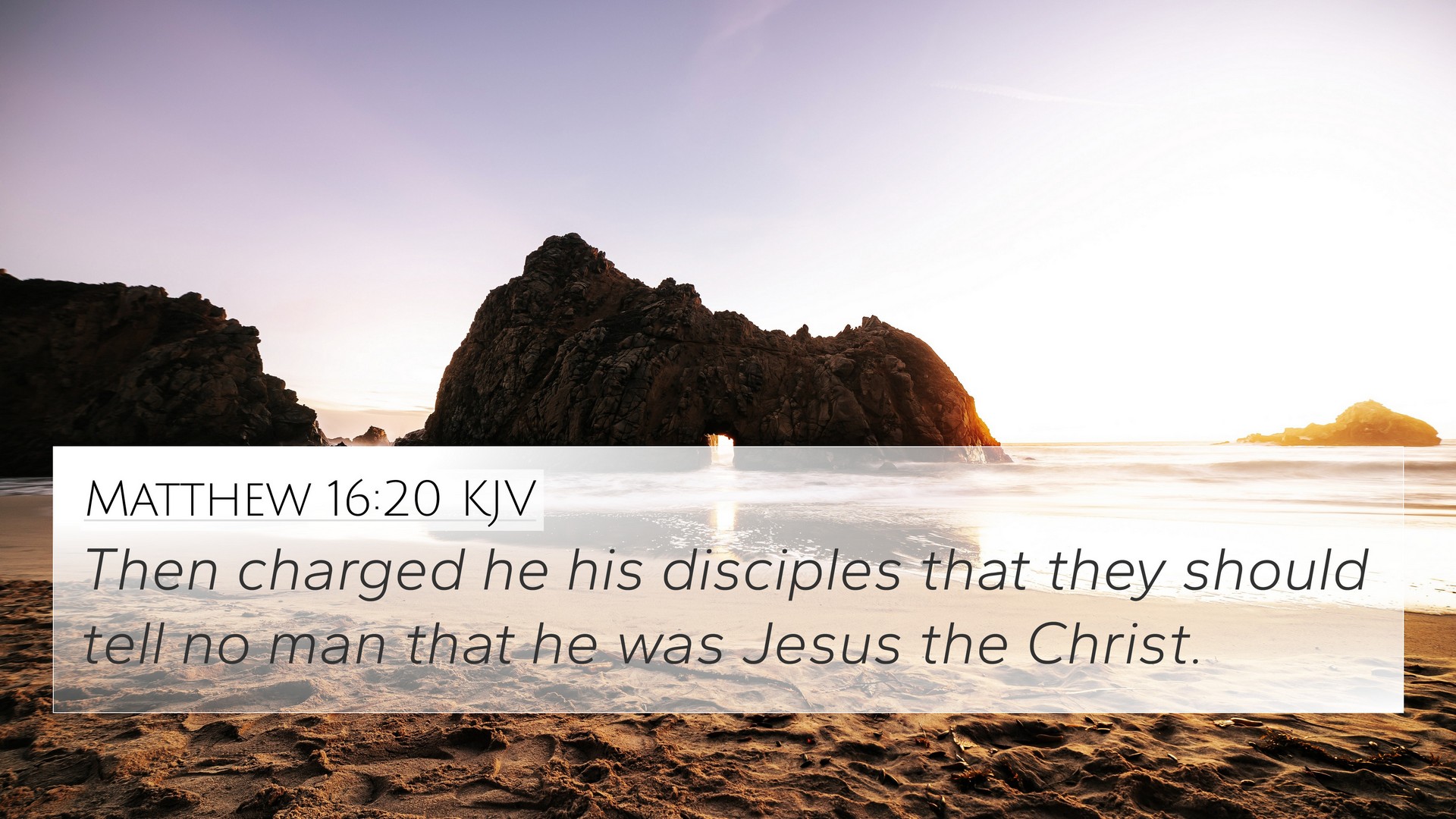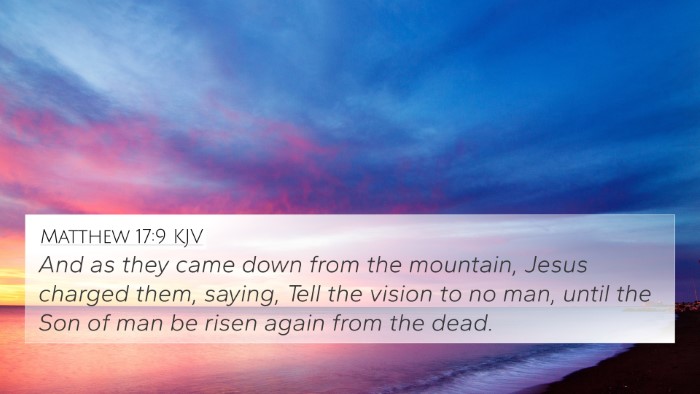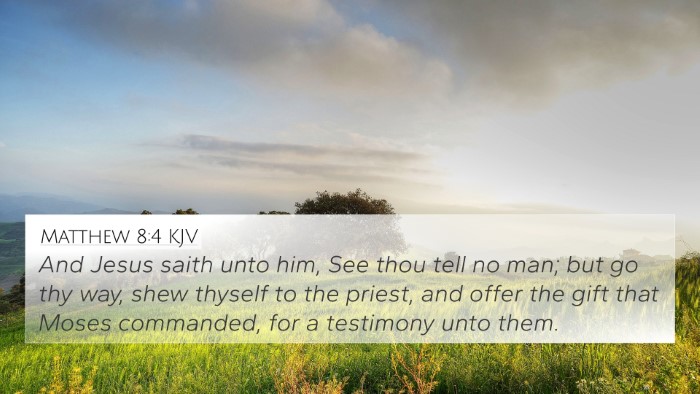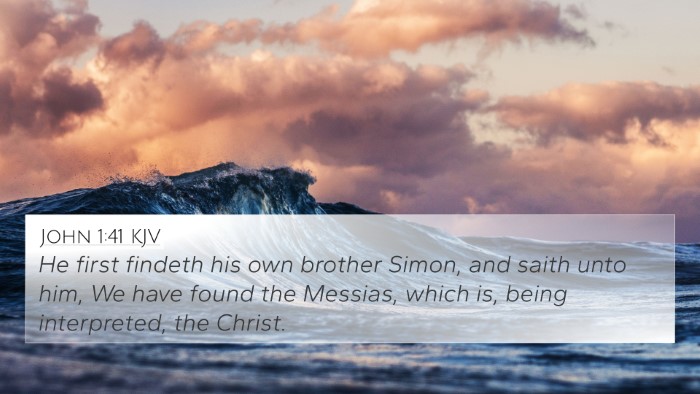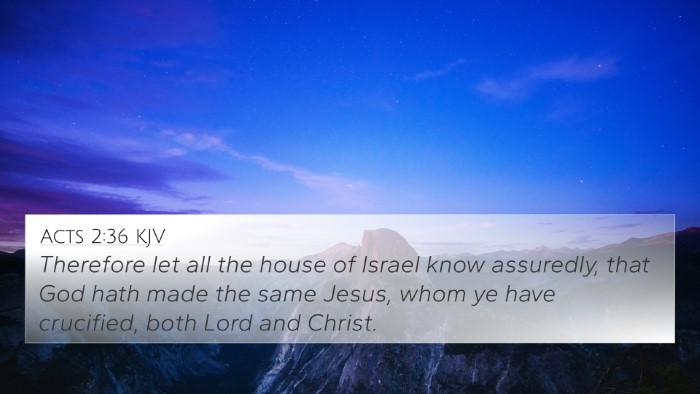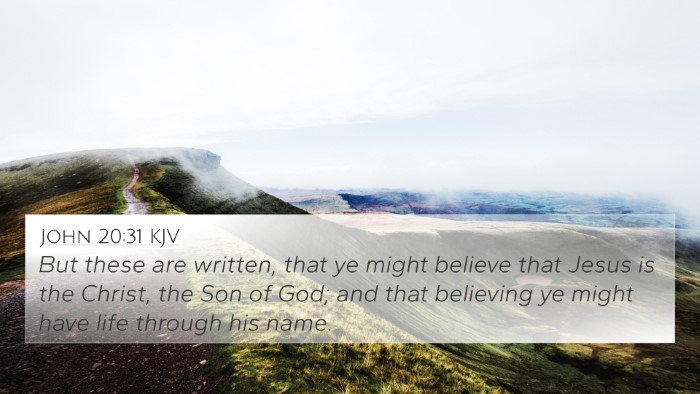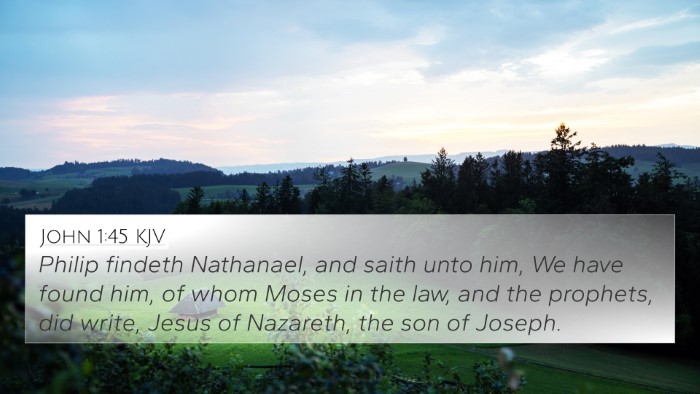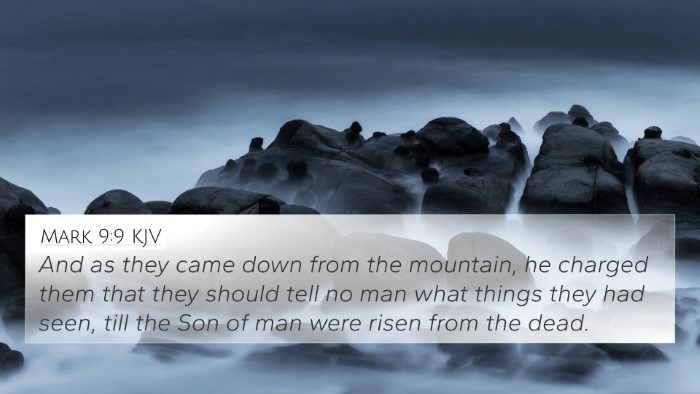Understanding Matthew 16:20
Matthew 16:20 states, "Then he strictly charged the disciples to tell no one that he was the Christ." This verse holds a critical place in the context of the Gospel, illustrating the unfolding of Jesus' identity and the understanding of his mission.
Contextual Overview
This directive comes immediately after Peter's profound confession of Jesus as the Messiah (Matthew 16:16). Following this, Jesus emphasizes the importance of not spreading this revelation prematurely. The implications of this verse can be assessed through various public domain commentaries:
-
Matthew Henry's Commentary:
Matthew Henry highlights the significance of Jesus' instruction, emphasizing that the time for public acknowledgment would come but was not yet at hand. This reflects the divine timing of Jesus' mission and his desire to prevent misconceptions about the Messiah's role.
-
Albert Barnes' Notes:
Barnes elaborates that the command to silence was to avoid misunderstanding among the crowds, who might view Christ's kingship in a political context rather than a spiritual one. There was a concern for how people would interpret the Messiahship.
-
Adam Clarke's Commentary:
Clarke points out that Christ’s intent was to prepare his disciples for the coming reality of his suffering and death, which was antithetical to the expectations of a triumphant Messiah. The disciples needed further instruction before engaging in public ministry.
Thematic Insights
This verse opens discussions about several key biblical themes:
-
Divine Timing:
The instruction highlights the theme of God's perfect timing. Other verses that relate include:
- Ecclesiastes 3:1 - "To everything, there is a season."
- Galatians 4:4 - "But when the fullness of the time had come, God sent forth His Son."
-
The Identity of Christ:
Understanding who Jesus is forms a core theological theme. Cross-references include:
- John 1:29 - "Behold the Lamb of God."
- Colossians 1:15 - "He is the image of the invisible God."
-
The Role of the Disciples:
The instruction reflects on the disciples' role in ministry and their understanding of Christ’s mission. Related verses are:
- Matthew 28:19-20 - The Great Commission.
- Acts 1:8 - Empowerment by the Holy Spirit.
-
Misunderstandings of the Messiah:
This theme connects to various instances where Jesus’ identity was misconstrued. Relevant verses include:
- Mark 10:45 - "For the Son of Man did not come to be served, but to serve."
- John 6:15 - Attempt to make him king.
Cross-References and Connections
To deepen understanding, it is valuable to consider Bible verse cross-references connecting this verse with others which clarify its meaning:
- Matthew 12:16 - Jesus silently heals.
- Matthew 17:9 - The transfiguration and the command to silence.
- Luke 9:21 - Instruction to keep the identity of Christ secret.
- Mark 8:30 - Jesus warns the disciples not to tell others.
Comparative Bible Verse Analysis
When analyzing Matthew 16:20 alongside other texts, one sees a cohesive theology regarding the nature of Jesus and expectations of the Messiah:
-
Linking Gospel Accounts:
Each Gospel writer presents a unique perspective on Jesus' identity. Notably, the synoptic Gospels (Matthew, Mark, Luke) contain similar accounts of Jesus commanding silence about his Messiahship, emphasizing the need for proper understanding:
- Matthew 16:20
- Mark 8:30
- Luke 9:21
-
Connections to the Old Testament:
This can also be compared with prophecies about the Messiah, such as:
- Isaiah 42:2 - There will be no outcry or shouting.
- Daniel 9:25 - Understanding the timing of the Messiah.
Conclusion
In summary, Matthew 16:20 serves as a pivotal moment in the Gospels, reflecting Jesus' careful management of his identity and mission. This call to silence reinforced the need for the disciples to fully grasp the implications of their faith before proclaiming Him as the Christ. The reflections of Matthew Henry, Albert Barnes, and Adam Clarke provide valuable insights into this significant moment in Scripture.
For those studying the Bible, utilizing tools for Bible cross-referencing such as concordances or specific cross-reference guides can aid in exploring these connections more fully. Properly engaging with bible verses that relate to each other enhances understanding not only of individual verses but of the overarching narrative of Scripture.
As you continue in your study, remember the importance of identifying connections between Bible verses and how they inform our understanding of each other. The intricate web of Scripture reveals profound spiritual truths waiting to be discovered.
